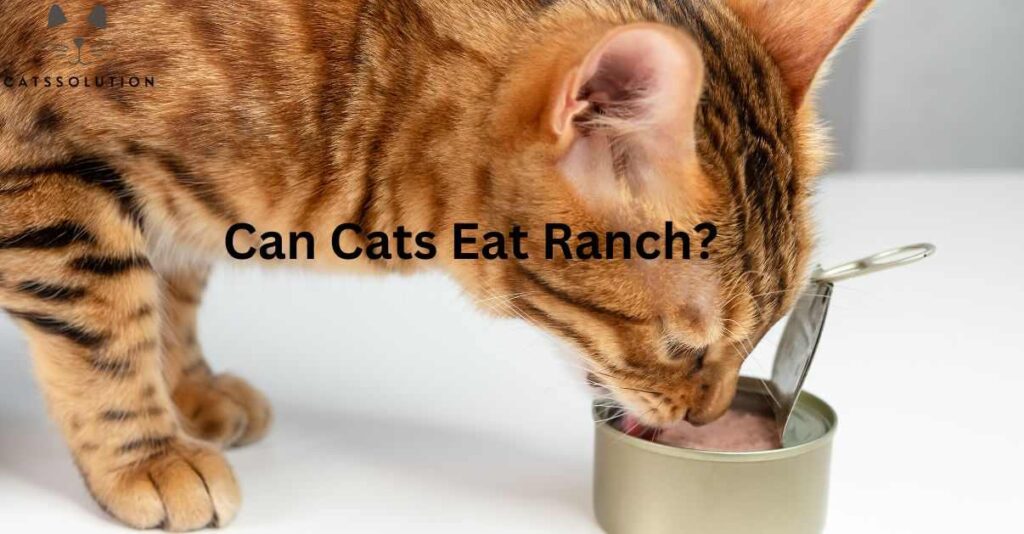Are you wondering how big your cat will get? Cats come in various sizes and shapes. Their size depends on many factors. Let’s explore these factors and find out how big your cat will grow.

Credit: www.quora.com
Contents
Different Cat Breeds and Their Sizes
Cat breeds vary in size. Some breeds are small, while others are large. Here are some common cat breeds and their average sizes:
| Cat Breed | Average Weight (lbs) | Average Length (inches) |
|---|---|---|
| Siamese | 6-12 | 15-20 |
| Maine Coon | 10-25 | 30-40 |
| Persian | 7-12 | 14-18 |
| Bengal | 8-15 | 16-22 |
| Sphynx | 6-12 | 13-15 |
Factors Affecting Cat Size
Several factors influence a cat’s size. Here are some of the most important ones:
- Genetics: A cat’s genes play a big role in its size. If your cat’s parents are large, your cat might be large too.
- Diet: Proper nutrition is essential for a cat’s growth. A balanced diet helps your cat reach its full size.
- Health: Health issues can affect growth. Regular vet check-ups ensure your cat is healthy and growing well.
- Gender: Male cats are usually bigger than female cats. This is true for most cat breeds.
- Neutering/Spaying: Neutered or spayed cats might be slightly larger. This is because they tend to have less activity and more weight gain.
When Do Cats Stop Growing?
Cats grow quickly during their first year. Most cats reach their full size by the age of one. However, some larger breeds, like the Maine Coon, may continue growing until they are 3-4 years old.

Credit: www.litter-robot.com
How to Ensure Healthy Growth for Your Cat
To help your cat grow healthy and strong, follow these tips:
- Provide a Balanced Diet: Feed your cat high-quality cat food. It should have the right balance of proteins, fats, and vitamins.
- Regular Vet Visits: Take your cat to the vet for regular check-ups. This helps identify and treat any health issues early.
- Plenty of Exercise: Encourage your cat to be active. Play with your cat and provide toys to keep it moving.
- Proper Hydration: Make sure your cat has access to fresh water at all times. Hydration is important for overall health.
- Love and Attention: Give your cat plenty of love and attention. A happy cat is a healthy cat.
Common Questions About Cat Size
Here are some common questions about cat size:
1. Can A Cat’s Size Be Predicted?
It’s hard to predict a cat’s exact size. However, looking at its parents and breed can give you a good idea.
2. Do Indoor Cats Grow Bigger Than Outdoor Cats?
Indoor cats may grow bigger because they have a more stable diet and lifestyle. Outdoor cats may burn more calories and stay leaner.
3. What If My Cat Is Not Growing?
If your cat is not growing, consult a vet. There could be underlying health issues that need to be addressed.
4. Is Bigger Always Better?
Not necessarily. A healthy weight is more important than size. Ensure your cat is not overweight or underweight.
Frequently Asked Questions
How Big Do Domestic Cats Get?
Domestic cats typically weigh between 8-10 pounds and measure around 18 inches long, excluding their tail.
At What Age Do Cats Stop Growing?
Most cats stop growing by 12-16 months, although some larger breeds may continue until 2-4 years.
Does A Cat’s Breed Affect Its Size?
Yes, a cat’s breed significantly influences its size. Larger breeds like Maine Coons can weigh up to 18 pounds.
How Can Diet Impact My Cat’s Size?
A balanced diet ensures healthy growth. Overfeeding can lead to obesity, while underfeeding can stunt growth.
Conclusion
Understanding how big your cat will get is important. Factors like breed, genetics, diet, and health play a role. Keep your cat healthy with a balanced diet, regular vet visits, and plenty of exercise. Whether your cat is big or small, love it just the same.

Katie Lindsey is a passionate cat lover and founder of Cats Solution, a comprehensive resource for all things feline. With a lifelong love for cats and extensive knowledge in their care and behavior, she provides expert advice and solutions to cat owners. Through her website, Katie fosters a supportive community where cat enthusiasts can find guidance and heartwarming stories. A dedicated advocate for animal welfare, Katie also promotes responsible pet ownership and adoption. Join her on this purr-fect journey celebrating the joy of feline companionship.



